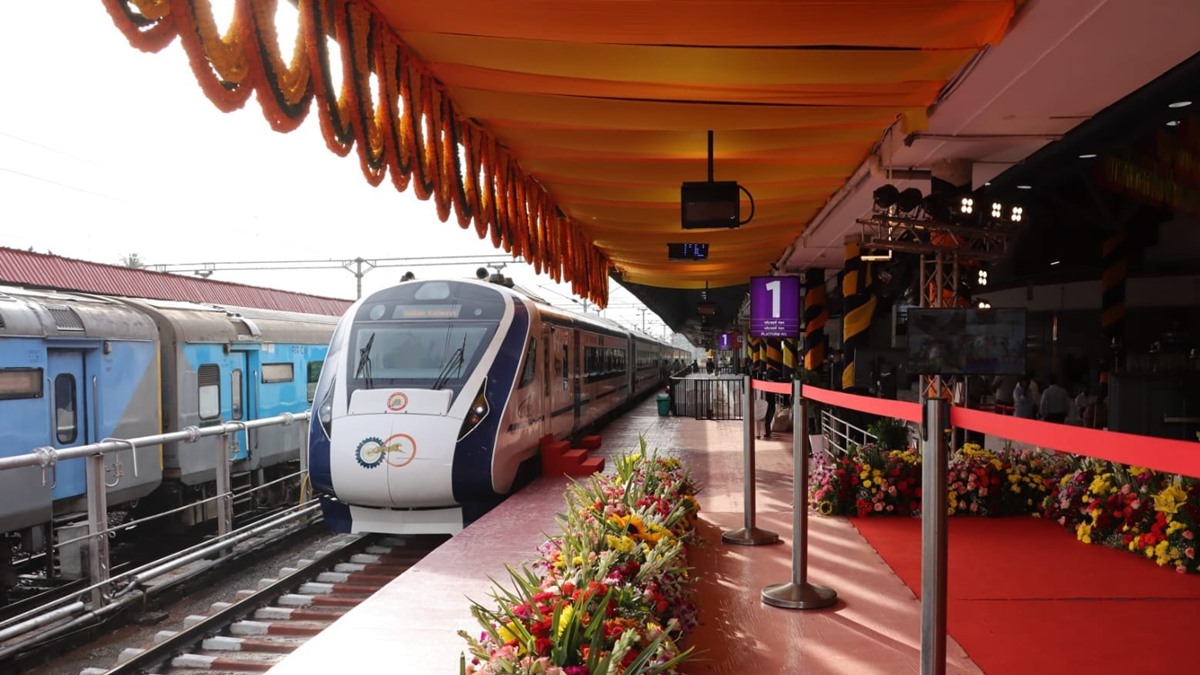
A charming personality, Sangma wins unstinted support of voters
Shillong, Mar 07 (UNI) Unanimously elected Speaker of the eleventh Lok Sabha, Purno Agitok Sangma, once a staunch Congressman broke away from the party to start the Nationalist Congress Party.
In a significant departure from the 49-year-old Indian parliamentary experience, the Lok Sabha elected Mr Sangma a member of the Opposition in 1996.
From a humble beginning in a small tribal village in Meghalaya, he rose to the office of the Speaker by sheer dint of merit, determination and industry. Affable, friendly and often informal in disposition and endowed with a spontaneous sense of wit and humour, but firm when it came to ensuring orderly conduct of the House, Sangma had a charming personality which won him unstinted cooperation from all shades of political opinion represented in the Lok Sabha.
Sangma was born on September 1, 1947 in Chapahati in the picturesque West Garo Hills District of Meghalaya. After completing his graduation from St. Anthony's College, he obtained his Masters Degree in International Relations from Dibrugarh University in Assam.
He started his political career as a Congress worker and in 1974 became the General Secretary of the Meghalaya Pradesh Youth Congress. He also remained its Vice-President for some time. He was appointed the General Secretary of the Meghalaya Pradesh Congress Committee in 1975 and held that post till 1980.
Sangma, the NCP's chief ministerial candidate, came into the national political scene in 1977 when the country was preparing for the Sixth General Elections. He was elected to the Lok Sabha from the Tura constituency in his home State on a Congress ticket. Sangma entered Parliament at a time when the nation was witnessing a major political change with the Congress losing power at the Centre for the first time since Independence and the Janata Party coming to power.
When Congress came to power Sangma became the Joint Secretary of the All India Congress Committee in 1980, before he was inducted into the Union Cabinet and assumed the office of the Deputy Minister in charge of Industry in November 1980. Two years later, he shifted to the Ministry of Commerce as Deputy Minister and held that post till December 1984.
He returned to the Eighth Lok Sabha in the General Elections of 1984. The then Prime Minister Rajiv Gandhi inducted him into his Cabinet as a Minister of State holding charge of Commerce and Supply. For a short while, he also functioned as the Minister of State for Home Affairs. He later took over as the Minister of State for Labour with independent charge in October 1986.
Throughout his Ministerial tenure, he retained the image of an honest and conscientious executive and always steered clear of any controversy.
In 1988, he returned to Meghalaya politics as the Chief Minister.
He headed a 48-member coalition government in a tumultuous period in the State's political history. In 1990, following the resignation of his Government, Sangma became the Leader of the Opposition in the State Legislative Assembly.
He returned to the Lok Sabha in 1991 following the General Elections and was inducted into the Union Cabinet, this time by Prime Minister P.V. Narasimha Rao.
Sangma was given the Independent Charge of the Ministry of Coal.
In February 1992, he was given the additional responsibility of assisting the Prime Minister in the Ministry of Labour.
Sangma assumed the Independent Charge of the Ministry of Labour in January 1993. He was elevated to the Cabinet rank (the first tribal to be elevated as such) in the Ministry of Labour in February 1995.
In September 1995, Sangma took over as the Minister of Information and Broadcasting, the post he held till the General Elections to the Eleventh Lok Sabha.
He was elected to the Lok Sabha for the fifth time from the Tura constituency in the 1996 General Elections. On 23 May 1996, he was unanimously elected the Speaker of the Eleventh Lok Sabha with universal support cutting across all political parties. In half a century of Indian parliamentary history, he was the first member from the Opposition to hold the office of the Speaker.
Sangma received the Michael John Roll of Honour of the Tata Workers' Union for "Distinguished Contribution to the Cause of Labour and to the Parliamentary System" in March 1997. He also received from the President of India in May 1997 the Golden jubilee Award of the Indian National Trade Union Congress (INTUC) for outstanding contribution to the cause of the working class.
The General Elections of 1998 saw Sangma returning to the Lok Sabha once again and was one of the most articulate and dignified speakers in the Opposition benches, listened to by all with respect and attention.
Sangma along with his party colleagues Sharad Pawar and Tariq Anwar expressed differences with other Congress leaders over Ms Sonia Gandhi's assuming party office following her Italian origin.
They broke away from the Congress in May 1999 to form the Nationalist Congress Party.
Sangma wrested the Tura seat from Independent candidate Billykid A.Sangma to win a seat in the eighth assembly.
UNI
MSJ
PL
AB
1712


 Click it and Unblock the Notifications
Click it and Unblock the Notifications















